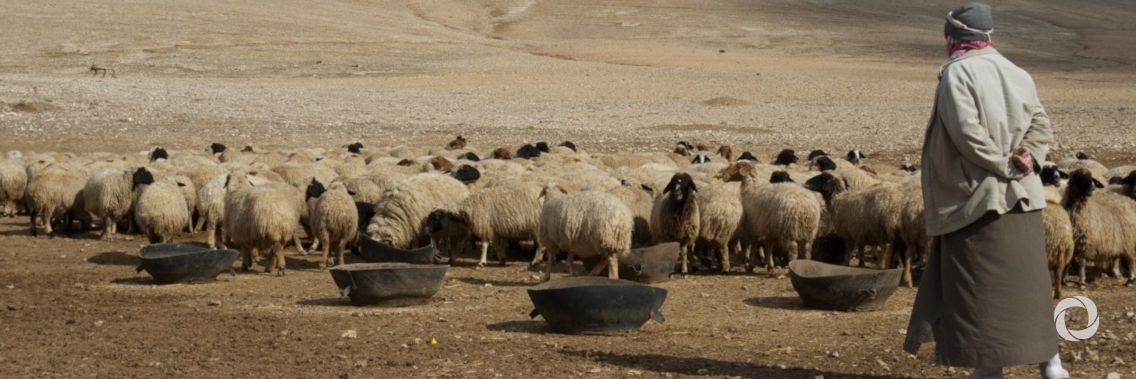Kuwait and the Food and Agriculture Organization of the United Nations (FAO) have strengthened their partnership to help Syrian farmers and herders recover and boost their food security and nutrition – all thanks to a $3 million contribution from Kuwait to benefit some 20,000 highly vulnerable people and their extended families.
“This generous contribution will go a long way and it is most timely. It will help FAO step up its efforts to support food-insecure Syrian communities and roll out activities aimed at making farming communities more resilient whilst improving their food security and nutrition,” said FAO’s Abdessalam Ould Ahmed, Assistant Director-General and Regional Representative for the Near East and North Africa (NENA).
More broadly, Kuwait and FAO are increasingly working together to fight hunger and malnutrition, and come to the aid of disaster-stricken communities in the NENA region and beyond, in countries such as Yemen, Somalia, South Sudan and Nigeria.
The contribution from Kuwait will go towards helping some 20,000 vulnerable farmers and herders, especially women-headed households, and their extended families with vegetable seeds, irrigation kits and feed for their animals, as well support to rehabilitate their fodder crop nurseries and training on best agricultural practices.
FAO will carry out these activities in Syria’s Daraa, As-Sweida, Deir-Ez-Zor and Hama governorates.
“We aim to build the production capacity of the most affected farming families in rural areas by providing agricultural inputs and intensive technical trainings,” said Mike Robson, FAO Representative in Syria.
The protracted crisis in Syria coupled with the most severe drought in decades has severely weakened Syria’s agricultural production. This has led to more than 6 million people facing hunger and increasingly struggling to feed their families, and high food prices.
To address this, FAO is working with partners to:
- Create and restore income-generating opportunities in agriculture, and support families affected by hunger to protect and build on their assets
- Support the rehabilitation and building of agriculture-benefitting infrastructures (such as irrigation infrastructure, nurseries, food processing units, animal health laboratories) and thus improve farmers’ linkages with value chains
- Support services, early warning and disaster risk reduction systems
FAO is also playing a lead role in strengthening the coordination of all partners working to improve food security in Syria.
Original source: FAO
Published on 07 August 2019

